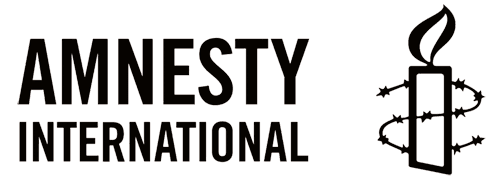Poliisi ampui Yakonias Womsiworia ja pidätti hänet. Hänen on saatava tarvittava lääketieteellinen hoito. Vastaa VETOAN PAPUA NIMESI (90snt).
On 15 September 2018, the local Mimika Police Force shot Yakonias Womsiwor in both legs when a joint police-military forces raided the office of the KNPB (National Committee of West Papua) Timika branch, a pro Papua independence organization. Nine members of KNPB were arrested.
During the arrest, the police shot two KNPB members, claiming they had threatened the police with sharp weapons. Yakonias Womsiwor suffered three bullet wounds to his thighs, two to his shinbones and one to the sole of his foot. The other KNPB member was shot in his right leg once. After the arrest, the police brought the two men to a hospital in Timika city to clean the wounds and put bandages on them. Three days later, the police brought them again to the hospital to clean the wounds and changed the bandages.
As a result of the gunshots, Yakonias Womsiwor cannot stand and, according to his lawyers, still suffers from severe pain, raising concerns that the wounds may have affected his bones. All requests by his lawyers for better medical care, have been rejected by the police.
The police released the other seven KNPB members, without charge, later on the day of their arrest. Yakonias Womsiwor and the other man who suffered a gunshot wound are being detained at the Mimika Police Mobile Brigade (Brimob) headquarters and have been named as suspect on suspicion of possessing sharp weapons under Article 2(1) Law No. 12/1951 on Emergency and threatening a law enforcement official with violence under Article 214 of Indonesia’s Criminal Code.
Article 10(1) of the International Covenant on Civil and Political Rights obliges states parties, including Indonesia, to treat all prisoners humanely. The UN Standard Minimum Rules for the Treatment of Prisoners (the Nelson Mandela Rules) provide that prisoners needing treatment not available in the prison hospital, clinic or infirmary must be treated by an appropriate civil institution, and that all healthcare treatment must be free of charge.
Please write immediately in English, Bahasa or your own language urging Indonesia authorities to:
- Ensure that Yakonias Womsiwor immediately and fully receives all medical treatment he may require;
- Ensure that Yakonias is protected from torture and other ill-treatment and is provided with regular access to his family and lawyers.
Taustatietoa
Over the last few years the KNPB (National Committee of West Papua) have organised mass demonstrations in several cities in Papua to call for self-determination for Papuans, including possible independence from Indonesia through a referendum. KNPB claims their political strategy is non-violent, but some reports indicate that their members have engaged in violence.
Amnesty International has also documented the use of unnecessary and excessive force and firearms as well as torture and other ill-treatment against political activists and others accused of being linked to pro-independence groups, including members of KNPB. Accountability for such acts is rare, and at most security personnel receive disciplinary sanctions.
Amnesty International takes no position on the political status of any province of Indonesia, including calls for independence. However, Amnesty International considers that the right to freedom of expression protects the right to peacefully advocate independence or any other political solutions that do not involve incitement to discrimination, hostility or violence.
The Indonesian authorities have an obligation under international law to treat all prisoners humanely, including by providing them with adequate medical treatment. Similarly, Article 17 of the Indonesian Government Regulation No. 32/1999 on terms and procedures on the implementation of prisoners’ rights in prison requires the prison authorities to provide access to adequate medical treatment.

